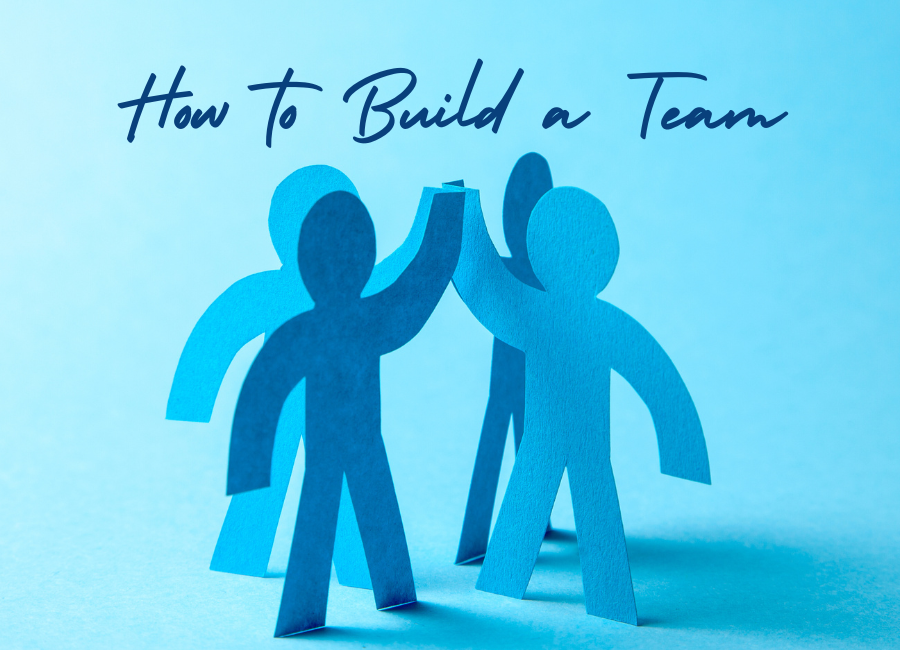By Stacy Rowe
•
December 12, 2025
If you’ve ever left a convention center thinking “did I just walk 25 miles and emotionally age 10 years?”—same. In this week’s ModUS Edge, Stacy, Cole, Kevin, and Casey dig into the messy middle of navigating events: coaching highs and lows, talking with judges, handling parents, and keeping your staff culture intact when half the table is ordering celebratory cheesecake and the other half wants a rain check on life. Here’s your 3-minute, friendly, slightly caffeinated guide—peppered with real-world scripts you can steal. The Pressure Cooker Is Real (and Normal) Large events (CheerSport, NCA, CheerExpo Nashville, pick your monster) compress: Months of work → five minutes on the mat 10–15 hour days → 30,000–50,000 steps Pride + fatigue → spicy emotions Coaches come out either floating (“I am a genius!”) or spiraling (“Do I even know how to coach?”). Both are normal. Build a Day-After Protocol so the pendulum doesn’t decide your season. Day-After Protocol (steal this): Feel it (24-hour rule): Celebrate or sulk, but cap it. Frame it : “We trained well, we learned X, we’ll adjust Y.” Focus it : Three fixes for practice #1 back. Forward it : Team message by noon: “Proud of your effort. Here’s our plan.” Dad-joke breath: Which is faster, hot or cold? Hot—you can catch a cold. (…We’ll show ourselves out.) Expectations: Your Emotional Safety Net The difference between devastation and determination is often pre-framing . Newer programs: Define “win” as finals made , zero-deduct routines , or hitting a season-first skill on stage . Established programs: Confidence ≠ cockiness. If “champ or bust” is the only acceptable outcome, you’re one score slip away from a culture crisis. Huddle line you can use: “We play to win and to improve. If we hit our standard, we succeeded. If we also take home metal, that’s dessert.” Talking to Judges & Event Officials (Without Raising Your Blood Pressure) Judges want to get it right. They also don’t live inside your choreography brain. Before you walk up: Circle where they’re right on the sheet. (They usually are on something.) Pick one category to discuss (jumps, stunt difficulty, etc.). Bring a clip if allowed; keep it 2 minutes . Open with this: “Coach from [Gym], Level [X]. Thank you for your notes—especially on [specific]. Could you help me calibrate our [category] vs. the range you were seeing? Here’s a 15-sec clip.” Leave with this: “Got it—so if we [specific tweak], our target range becomes [X]. Appreciate your time.” No monologues. No sarcasm. No “my kids worked too hard” (everyone’s kids did). Parent Dynamics: From Squabbles to Support Squad Fatigue + money + travel = feelings. Set lanes before you load the bus. Pre-event parent note (edit and send): Priority Viewing = cheer zone, not debate stage. Scores & placements discussed by staff only . If emotions spike, text the team number “PAUSE” and we’ll regroup after awards. Your best job today: film smiles, pack snacks, high-five often. At the event: If tempers flare: “I hear you. We’ll review scores and the video and update by [time]. Right now we’ve got kids to coach.” When It Falls Apart in Warm-Up (and It Will Someday) An injury, a popped layout, a last-minute replacement—welcome to coaching. In-the-moment script: To the athlete: “You’re safe, we’ve got you. Breathe. To the team: “We adjust and execute. Count matters more than choreo.” To the score: “Clean > cute.” Strip to the reliable. Later, honor the athlete and the work. You’re building humans, not just routines. Dinner Table Diplomacy One end of the table is planning a victory lap; the other end is googling “new careers.” Seat by project , not placement. Pair a coach who’s flying high with one who needs perspective. Toast process wins (hit rate, upgraded stunt, best coverage) before placements. Feedback Is a Gift (Even When It Feels Like a Cactus) It stings because you care. Make “gift” your team’s reflex. Staff debrief template: 2 things the judges nailed 1 thing we disagree on (and why) 3 changes we’ll try by next practice Bonus tip: Record a 2-minute Loom (or phone video) summary for parents: what the sheet said, what we’re changing, how they can help (sleep, nutrition, mindset). Winning Changes Your Culture—Guard It Sustained winning sneaks in entitlement if you’re not ready. Celebrate standards , not just statuses . (“We hit our expectation for technique,” not “We’re Stingrays, of course we won.”) Rotate credit widely : stunt group of the week, unsung hero, best teammate. Make “Can I get help?” a strength , not a scarlet letter. Quick Event-Day Checklist ☐ Expectation email (athletes & parents) sent 48 hrs prior ☐ Coach roles for warm-up & mat (caller, fix, spot, calm) ☐ Judge plan : 1 category, 2 minutes, 1 ask ☐ Parent captain assigned (snacks, seats, smiles) ☐ Post-day message scheduled (pride + plan) ☐ Day-After Protocol on deck You’ll laugh, you’ll nod, you’ll steal at least two lines. For the full conversation (and more chapstick discourse than anyone expected), dive into the episode: The MotUS Edge Podcast – YouTube: https://www.youtube.com/@themotusedge The MotUS Edge Podcast – Apple: https://podcasts.apple.com/us/podcast/the-motus-edge/id1786597546 The MotUS Edge Podcast – Spotify: https://open.spotify.com/show/63xUjmymxRiXHkSSEjlfOD?si=e5036453706148d9&nd=1&dlsi=02e897fb37a148ce












